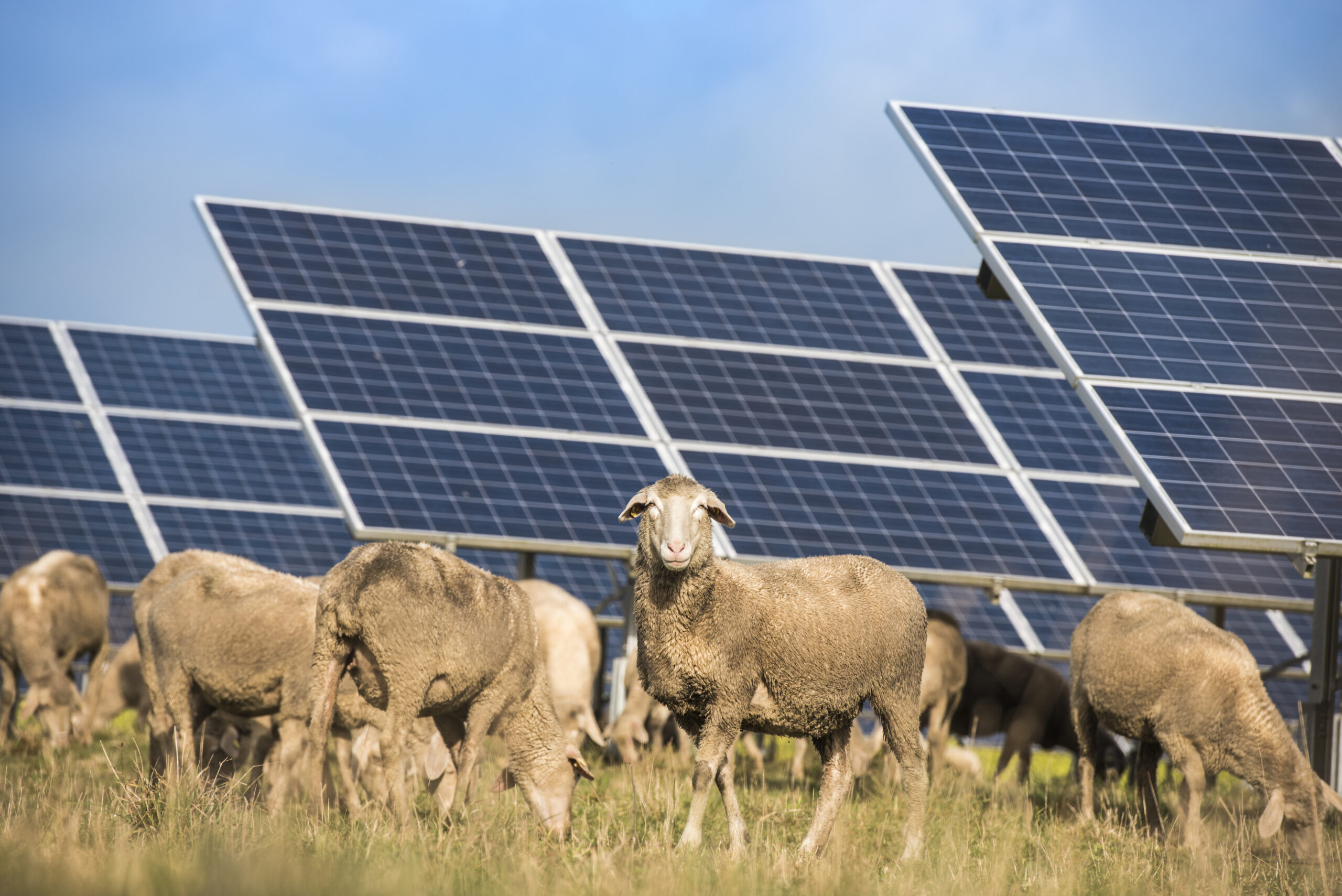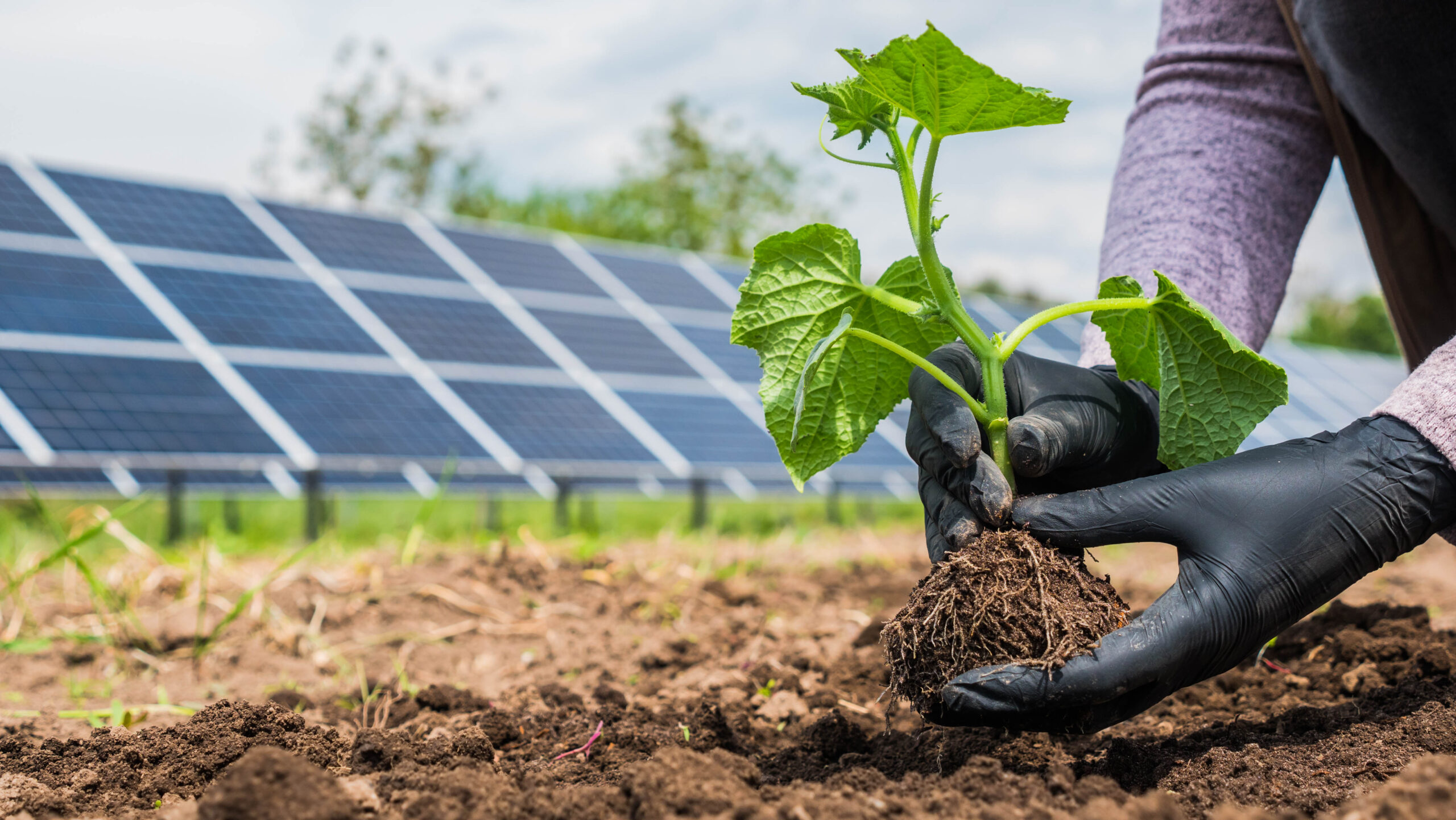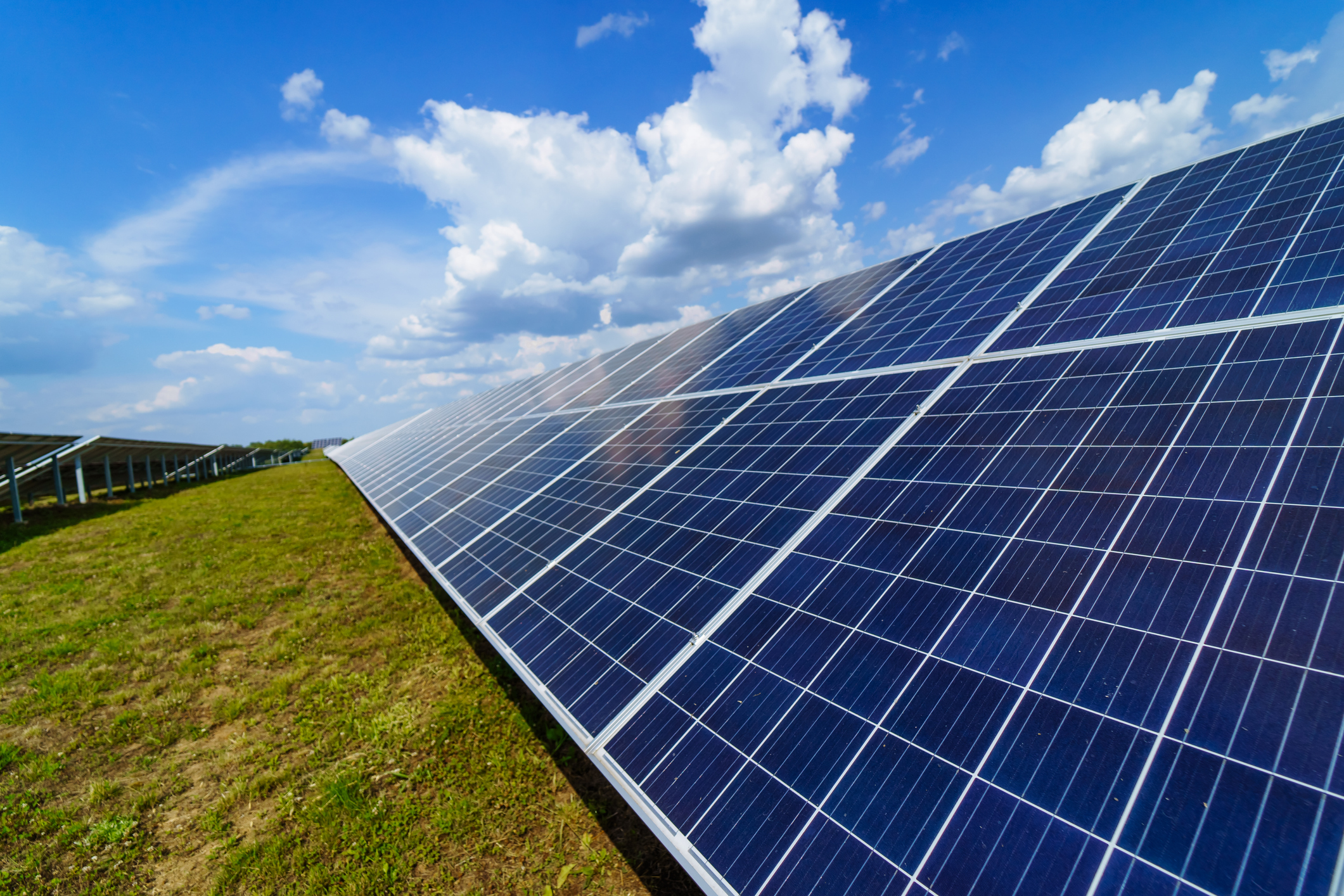Commercial Solar Farms - Services
- Feasibility studies
- Site surveys
- Planning
- Applying for grid connection
- Metering and monitoring
- Maintenance
Commercial Solar Farms
We can work with our strategic partners to assist in development of your bespoke, off grid, behind the meter, commercial solar farm projects for landowners and businesses.


Commercial Solar Farm
THE DESIGN & ENVIRONMENTAL IMPACT OF COMMERCIAL SOLAR FARMS
Carefully sited and designed solar PV farms have minimal environmental impact. They can coexist with activities such as sheep grazing or poultry farming and contribute to environmental biodiversity enhancement goals. Additionally, if needed, a solar farm can often be dismantled without leaving a trace.
DEVELOPERS & INVESTORS FOR A COMMERCIAL SOLAR FARM
ENER-G can assist you in finding a suitable investor to develop a solar farm on your land, managing all the necessary negotiations and development work on your behalf.
Solar PV Benefits
The benefits of solar PV to industry, agricultural and commercial renewable energy projects in the UK are numerous:
LOWER ENERGY BILLS
Solar PV systems can significantly reduce energy costs.
CARBON REDUCTION
Solar PV systems deliver genuine carbon reductions, helping the UK meet its target of 15% renewable energy from final consumption by 2040.
INCREASED REVENUE
Surplus power generated by solar PV systems can be sold, providing an additional revenue stream.
ENERGY SECURITY
On-site energy generation provides immediate power for a lifespan of up to 30 years, reducing reliance on energy providers.
Environmental Considerations:
Solar PV systems are designed to give proper weight to environmental considerations such as landscape and visual impact, heritage, and local amenity.
Utilisation of Space:
Solar PV systems, particularly those installed on the roofs of commercial, industrial, and larger public buildings, make effective use of space.

